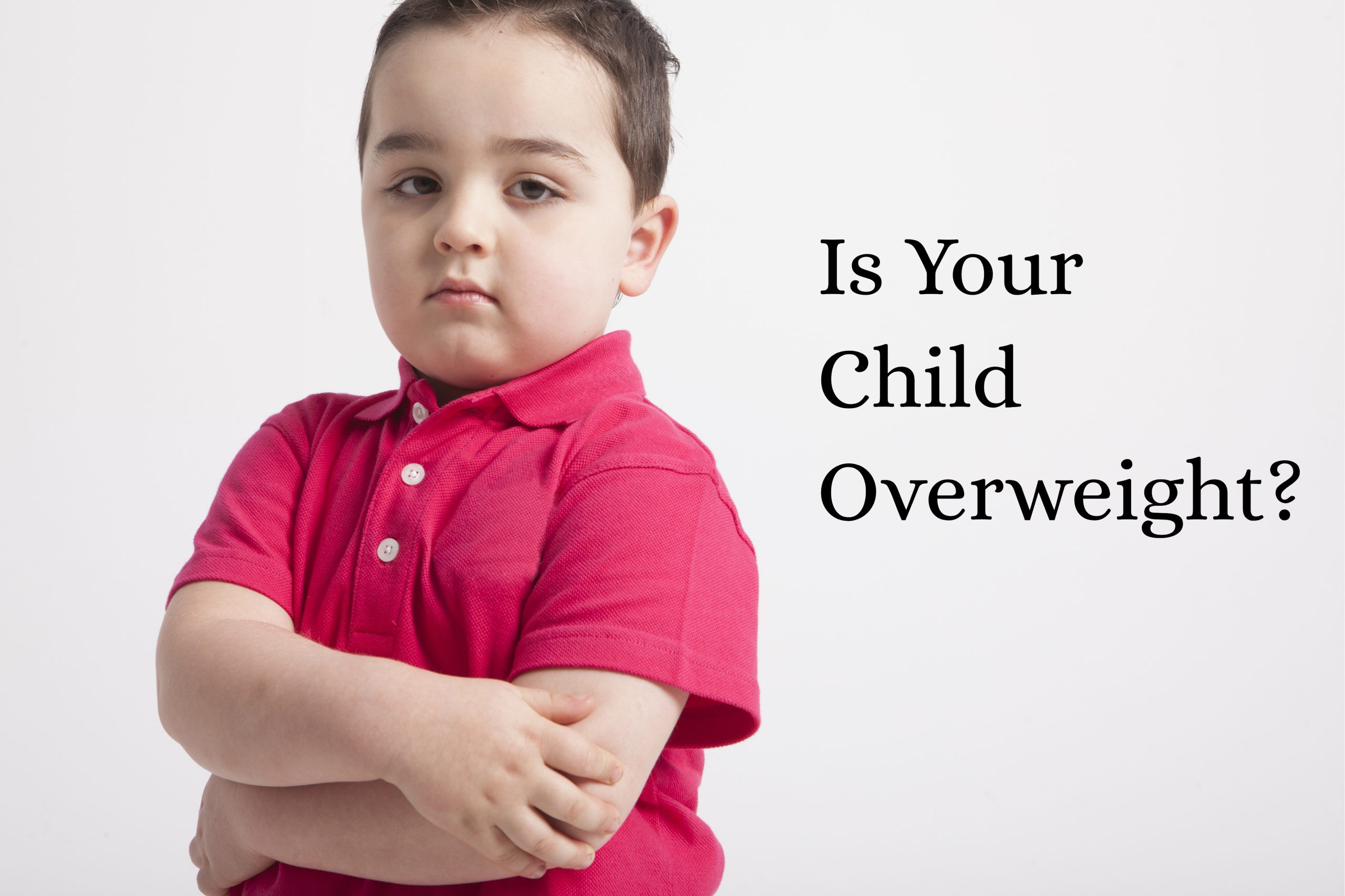
Weight problem among children is fast growing in our society due to the lifestyle, that we are heading towards. There are several myths regarding weight gain in children. While some parents believe that weight gain is genetic, there are others who feel that their children will outgrow the extra weight as and when they grow. But all this is contrary to reality. Though it can be genetic but to say “nothing can be done about it”, is false. And most of the children who are overweight during their childhood tend to gain weight when they grow up.
Kids do not know about the health problems associated with being obese or overweight, but as parents, you do.
It is always better to nip the problem in the bud. By following certain guidelines; you can help your child from facing the difficulties in future.
Follow Healthy Eating Regime:
- Avoid giving junk food and other oily stuff to your child- This will increase the intake of calories while the out take remains the same, thus, increasing fat.
- Say no to artificial juices and cold drinks- They only increase the calorie intake as they are loaded with sugar, without doing any good to you or your health.
- Include more fruits and vegetables in your diet- Green vegetables and fruits carry the required vitamins and minerals needed for the growth and development of your child.
- Don’t refrain your child from sweets completely, but make it a luxury. Eating healthy does not mean dieting, so don’t let your child diet as it does not help much in the developing years of your child.
Cook Healthy, Varied Food:
If you feel you have a limited cooking capability, grab some recipe books and prepare nutritious food for the family. Even if you child seems disinterested at first, he will still eat it when he will be hungry. Limit the intake of confectionary and bakery items, try to avoid getting such things in home and limit the access to minimum.
Start Exercising:
- Help your child to get involved more in outdoor activities. This will increase his calorie burn and in turn create better metabolism.
- Make him join football or some swimming sessions or the easiest one is to take him out for cycling. It will be enjoyed by your child also and will do the good needed by his body.
- Evening walk can be a good idea for you as well as your child. Remember walking is the simplest physical activity that really works.
Restrict TV and Video Games:
- Limit the time of watching TV or playing video games to an hour or so. Too much TV watching and playing only increases the sitting away time thus, piling up calories.
- Don’t let him spend much time on his computer either. This also tends to make him sit tight, not initiating any physical activity.
- Say no to mobile games as well. They help you in increasing the calories in the same manner as TV and video game.
- Reading, while walking can be a good idea.
Talk To Your Child:
On and off, talk to your child about healthy eating and exercise habits. This should not be a one-time session but an ongoing conversation. Every time he insists on eating something unhealthy, offer some healthy variations and try to make him interested.
Demonstrate yourself by following these guidelines. Let your child see that you follow the same regimen as set for him. Show him the healthy food that you eat and offer him a bite.
Let snacks be snacks only. See that they don’t turn into a meal.
Note that your child will follow what you do, and your being healthy will impact him and his eating behaviour. Also, let this be a cordial exercise, do not get into insulting your child or inculcate negative feelings in him.
All this will surely help your child to control weight and will help him from getting obese. Overweight does not only will lead your child towards various medical problems like high blood pressure, high cholesterol, asthma problem, type 2 diabetes but can also lead to depression. Most kids who are overweight become a laughing stock in school and are often side-lined in the team activities that take place. This develops low self-esteem and lack of confidence in them creating low morale, which in long run can lead to depression.

